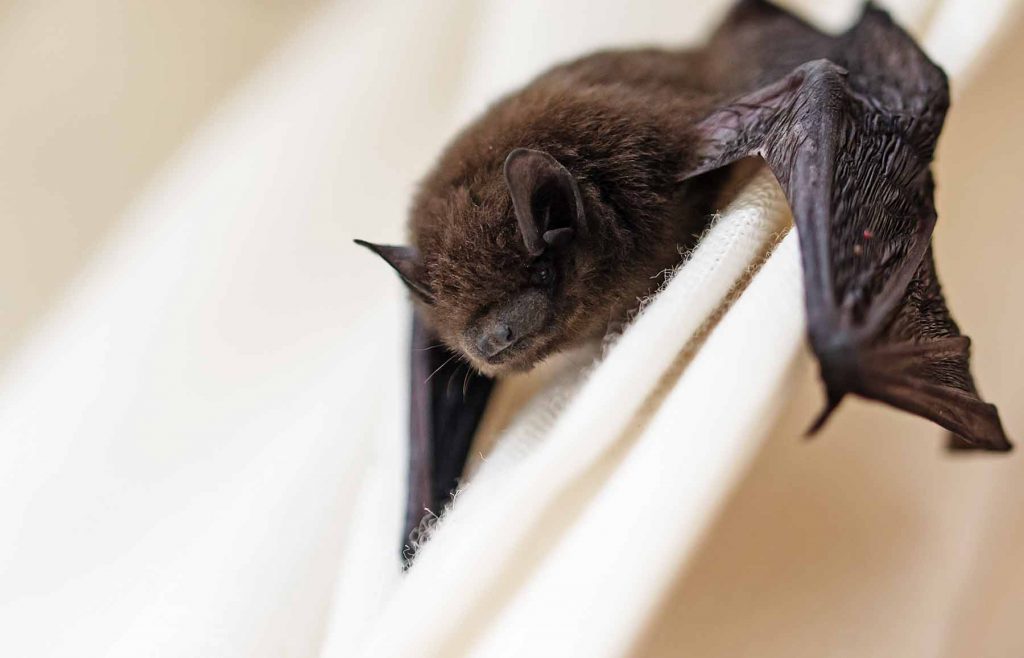The rapid growth and development in Raleigh, NC have had a significant impact on the local wildlife. As construction projects continue to expand throughout the city, natural habitats are being destroyed, leading to the displacement and disruption of many animal species. The loss of forests and wetlands has resulted in a decline in biodiversity, with several species facing the threat of extinction. Additionally, the increased noise and pollution from construction activities have further disturbed wildlife, affecting their behavior, feeding patterns, and reproductive cycles. The destruction of these habitats also disrupts the delicate balance of the ecosystem, causing a ripple effect on other organisms that depend on these species for survival. The construction industry in Raleigh must prioritize sustainable practices and conservation efforts to mitigate the adverse effects on wildlife and preserve the city’s natural heritage.
The Impact of Construction on Wildlife in Raleigh, NC
1. Disruption of Natural Habitats
Construction projects in Raleigh, North Carolina, have undoubtedly transformed the city’s landscape over the years. However, while these developments bring progress and modernization, they also have a significant impact on the local wildlife. One of the most pressing concerns is the disruption of natural habitats.
When new buildings and infrastructure emerge, they encroach upon the territories of various animal species that call Raleigh home. Forests and meadows that were once teeming with life become fragmented or completely destroyed. This displacement forces animals to adapt to new environments or migrate elsewhere, often resulting in a decline in their population.
For instance, the expansion of residential areas near Lake Johnson has led to the displacement of numerous bird species. The destruction of their nesting sites and dwindling food sources has caused a decline in their numbers, affecting the delicate balance of the ecosystem.
2. Increased Human-Wildlife Conflict
As construction projects continue to reshape Raleigh’s skyline, they inadvertently lead to increased human-wildlife conflict. Animals that once peacefully coexisted with humans are now forced to navigate through urban jungles filled with concrete and steel.
For example, the construction of the I-440 Beltline has disrupted the natural movement patterns of deer in the area. These majestic creatures now find themselves crossing busy roads and highways, putting them at risk of collisions with vehicles. Such encounters not only endanger the lives of these animals but also pose a threat to drivers.
3. Loss of Biodiversity
The loss of natural habitats due to construction projects also contributes to a decline in biodiversity. Raleigh’s diverse ecosystem is home to a wide array of plant and animal species, each playing a crucial role in maintaining a healthy environment. However, as construction expands, many of these species are pushed towards the brink of extinction.
One notable example is the destruction of wetlands during the development of commercial areas. These wetlands serve as breeding grounds and habitats for countless amphibians, reptiles, and waterfowl. Without these essential ecosystems, the local biodiversity suffers, and the delicate web of life is disrupted.
4. Fragmentation of Wildlife Corridors
Wildlife corridors play a vital role in connecting fragmented habitats, enabling animals to move freely and maintain genetic diversity within populations. Sadly, construction projects in Raleigh have often resulted in the fragmentation of these critical wildlife corridors.
For instance, the construction of new roads and highways has severed the connectivity between different green spaces. This isolation restricts the movement of animals, making it difficult for them to find food, mates, and suitable habitats. Consequently, this fragmentation poses a long-term threat to the survival of many species in Raleigh’s urban areas.
In conclusion, while construction projects in Raleigh bring progress and development, they also have a profound impact on the local wildlife. Disruption of natural habitats, increased human-wildlife conflict, loss of biodiversity, and fragmentation of wildlife corridors are some of the significant consequences. It is crucial for policymakers and developers to consider the long-term effects on wildlife and implement measures to mitigate these impacts to ensure a harmonious coexistence between humans and wildlife in Raleigh, North Carolina.
Contact For Wildlife Control Help
If you are experiencing any issues with wildlife on your property, do not hesitate to reach out to Triangle Wildlife Removal. Our team of experts is highly trained and experienced in safely and effectively removing animals from residential and commercial areas. We understand the importance of prompt and efficient service when dealing with these situations, which is why we are available to assist you 24/7. Simply give us a call at (919) 661-0722 and our friendly staff will be more than happy to address your concerns and schedule a visit to your location. Trust Triangle Wildlife Removal for all your animal removal needs in Raleigh, NC.
